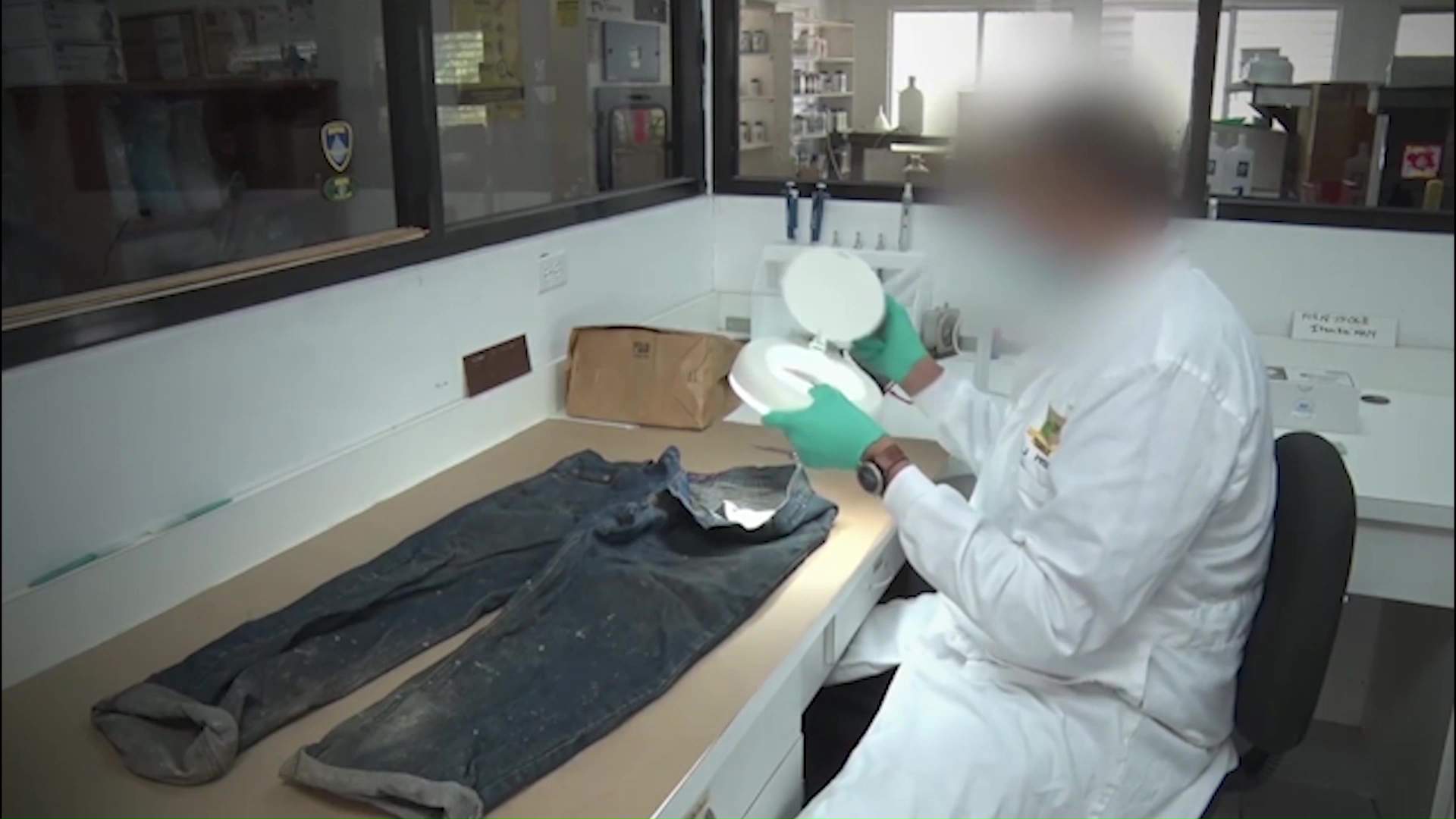In a groundbreaking move, Belize is set to introduce a DNA Bill that could revolutionize the way missing persons cases are handled and human remains are identified. Executive Director Gian Cho of the National Forensic Science Service (NFSS) highlighted the potential of this legislation during a recent briefing. The bill proposes the creation of a national DNA database, a first for the country, which will be equipped with stringent oversight mechanisms to ensure privacy and prevent rights violations.
Currently, Belize lacks a DNA database, a tool that over sixty countries worldwide have already implemented. These databases store DNA profiles on secure servers, enabling law enforcement to investigate crimes, link incidents, and revisit past cases when new DNA profiles are added. Beyond criminal investigations, DNA databases are instrumental in identifying missing persons and human remains, as well as establishing familial relationships.
Cho emphasized that the proposed database will be divided into two distinct compartments: one for criminal investigations and another for humanitarian purposes. This separation ensures that the needs of criminal investigations do not overlap with those of humanitarian efforts. When it comes to genetic data, the focus will be on specific STR markers in non-coding regions of the genome, rather than characteristics like skin color, eye color, or ancestry.
The introduction of this DNA Bill marks a significant step forward for Belize, promising to enhance the country’s forensic capabilities while safeguarding individual privacy and rights.
